
New data highlights ability of the SQZ cell therapy platform to preserve cellular functions.

New data highlights ability of the SQZ cell therapy platform to preserve cellular functions.

Recent equipment and updated product options offer improvement to a range of biopharmaceutical manufacturing tasks.
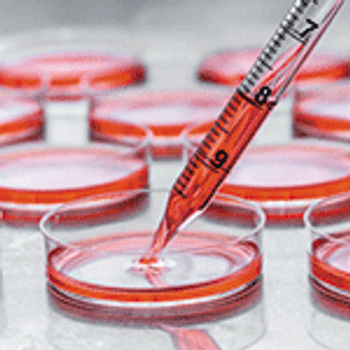
This article will explore the requirements for media and supplements needed to maintain newer cell lines, such as those based on human cells and fungal cells.
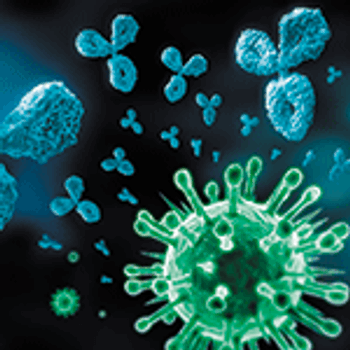
The second half of this article describes the testing methods used by the authors to demonstrate the applicability of single-use mixing technology for virus inactivation.

Advanced therapy medicinal products pose unique manufacturing challenges that will require appropriate and thoughtful facility design and equipment.

A project funded by BioProNET will investigate optimization for bioprocessing of gene therapy vectors using hydrodynamic fluid flow fields.

A statement from FDA Commissioner Scott Gottlieb and Deputy Commissioner Anna Abram detailed FDA’s new plan to advance plant and animal biotechnology innovation.

The acquisition will allow Lonza to further develop technology for scalable autologous cell-therapy manufacturing.

Bioconjugation requires aseptic manufacturing and containment for cytotoxic payloads.

The company will collaborate with GlycoBac to offer an insect cell line for the development of viral vaccines and gene therapies.

The new facility will include comprehensive mammalian process development and manufacturing capabilities.

The UCL-Pall Biotech Centre of Excellence will address industry challenges and provide workforce training.

The companies will work together to discover, develop, and commercialize immunotherapies for patients with solid-tumor cancers in a collaboration worth $695 million per program.

The companies partnered to build a 500-L single-use pilot-scale plant for biologics production.

The maturation of single-use technologies presents commercial bioprocessing options for small-volume drug products.
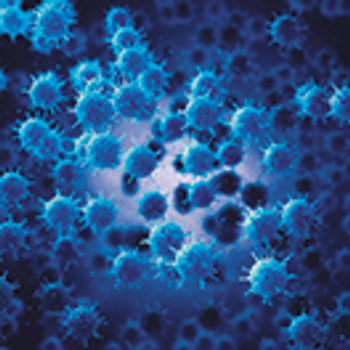
This article explores the use of single-use mixing technology in a detergent-based virus inactivation step during a monoclonal antibody production process.
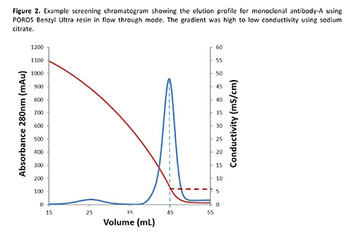
Hydrophobic interaction chromatography (HIC) in flow-through mode offers a more efficient and cost-effective polishing/purification process to remove monoclonal antibody aggregates while maintaining purity at ≥99% than a mixed-mode bind/elute procedure.
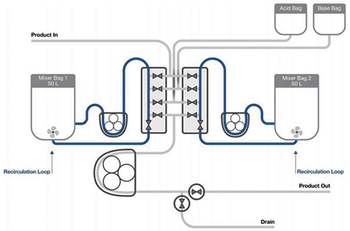
Testing demonstrates an automated semi-continuous process strategy for viral inactivation with steps that mimic batch processing.

GE Healthcare, Cobra Biologics, and the Centre for Process Innovation (CPI) have entered into a collaboration to advance manufacturing of adeno-associated virus vectors for gene therapy.

The sterile-manufacturing contract development manufacturing organization is approved by FDA for viral vector manufacturing fill/finish processing at its biologics facility in Scotland, UK.

FDA awarded nearly $3 million in grants for continuous manufacturing and other advanced manufacturing technologies as part of the agency’s efforts to ensure a robust and reliable supply of biological products.

The CHF 400-million (US$416-million) investment in Lonza's biopark in Visp, Switzerland, will expand Ibex Solutions with two new offerings, drug substance development and drug substance and drug product manufacturing.

BeiGene is set to build late-stage clinical and commercial production capacity for cancer monoclonal antibodies with GE Healthcare’s KUBio, the prefabricated biopharma facility based on single-use technologies.

The biopharmaceutical company will invest approximately $800 million to expand facilities and manufacturing capacity at its campus in Rensselaer County, NY.

The provider of plant-based ingredients will present recently launched multi-compendial materials for upstream and downstream biopharmaceutical applications.